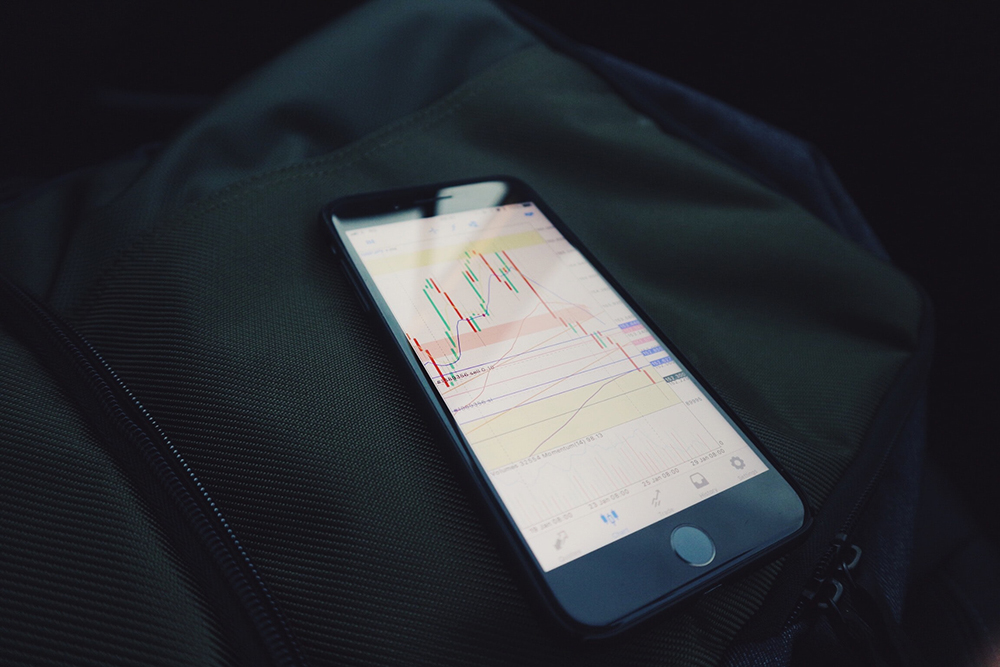Forex is a portmanteau of foreign currency and exchange.
Foreign exchange is the process of changing one currency into another currency for a variety of reasons, usually for commerce, trading, or tourism. According to a recent triennial report from the Bank for International Settlements (a global bank for national central banks), the average was more than $5.1 trillion in daily forex trading volume.
Why Do Forex Markets Exist?
Forex markets exist as spot (cash) markets as well as derivatives markets offering forwards, futures, options, and currency swaps. Market participants use forex to hedge against international currency and interest rate risk, to speculate on geopolitical events, and to diversify portfolios, among several other reasons. The foreign exchange market is where currencies are traded.
If you are living in the U.S. and want to buy cheese from France, either you or the company that you buy the cheese from has to pay the French for the cheese in euros (EUR). This means that the U.S. importer would have to exchange the equivalent value of U.S.
The same goes for traveling. A French tourist in Egypt can’t pay in euros to see the pyramids because it’s not the locally accepted currency. As such, the tourist has to exchange the euros for the local currency, in this case the Egyptian pound, at the current exchange rate. One unique aspect of this international market is that there is no central marketplace for foreign exchange.
When is The Forex Market Open?
The market is open 24 hours a day, five and a half days a week, and currencies are traded worldwide in the major financial centers of London, New York, Tokyo, Zurich, Frankfurt, Hong Kong, Singapore, Paris and Sydney—across almost every time zone. This means that when the trading day in the U.S.
As such, the forex market can be extremely active any time of the day, with price quotes changing constantly. Unlike stock markets, which can trace their roots back centuries, the forex market as we understand it today is a truly new market. Of course, in its most basic sense—that of people converting one currency to another for financial advantage—forex has been around since nations began minting currencies.
When Did The Forex Market First Appear?
After the accord at Bretton Woods in 1971, more major currencies were allowed to float freely against one another. The values of individual currencies vary, which has given rise to the need for foreign exchange services and trading. Commercial and investment banks conduct most of the trading in the forex markets on behalf of their clients, but there are also speculative opportunities for trading one currency against another for professional and individual investors.
Forex trading in the spot market has always been the largest market because it is the “underlying” real asset that the forwards and futures markets are based on. In the past, the futures market was the most popular venue for traders because it was available to individual investors for a longer period of time.
When people refer to the forex market, they usually are referring to the spot market. The forwards and futures markets tend to be more popular with companies that need to hedge their foreign exchange risks out to a specific date in the future. More specifically, the spot market is where currencies are bought and sold according to the current price.
What Deals Do Forex Traders Close?
When a deal is finalized, this is known as a “spot deal.” It is a bilateral transaction by which one party delivers an agreed-upon currency amount to the counterparty and receives a specified amount of another currency at the agreed-upon exchange rate value. After a position is closed, the settlement is in cash.
Unlike the spot market, the forwards and futures markets do not trade actual currencies. Instead, they deal in contracts that represent claims to a certain currency type, a specific price per unit, and a future date for settlement. In the forwards market, contracts are bought and sold OTC between two parties, who determine the terms of the agreement between themselves.
What About Regulations?
In the U.S., the National Futures Association regulates the futures market. Futures contracts have specific details, including the number of units being traded, delivery and settlement dates, and minimum price increments that cannot be customized. The exchange acts as a counterpart to the trader, providing clearance and settlement. Both types of contracts are binding and are typically settled for cash at the exchange in question upon expiry, although contracts can also be bought and sold before they expire.
Usually, big international corporations use these markets in order to hedge against future exchange rate fluctuations, but speculators take part in these markets as well. Note that you’ll often see the terms: FX, forex, foreign-exchange market, and currency market. These terms are synonymous and all refer to the forex market.
Foreign exchange markets provide a way to hedge currency risk by fixing a rate at which the transaction will be completed. To accomplish this, a trader can buy or sell currencies in the forward or swap markets in advance, which locks in an exchange rate.



